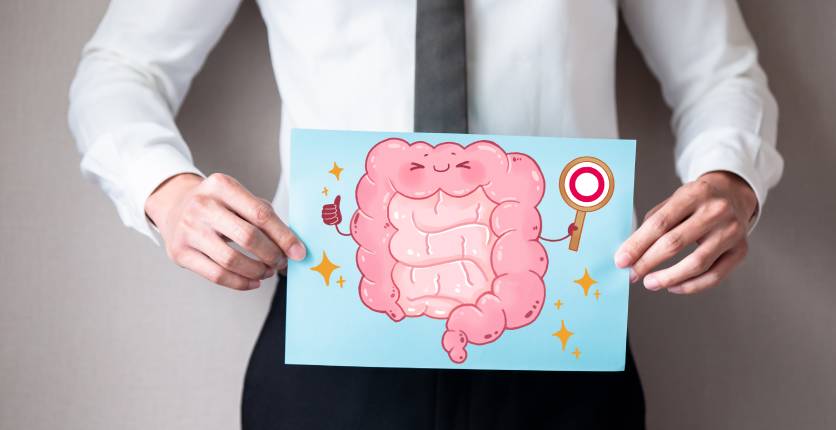We have all been there: We head into the loo, strain ourselves silly, only to emerge unrelieved, with nothing more than little brown pellets to flush down the toilet bowl. Constipation can hit even the most healthiest folk – it’s a common ailment that can result from a poor diet or lifestyle, dehydration, medication or some form of illness, with symptoms including dry, hard or lumpy stools; pain or discomfort with the feeling of being unable to empty the bowels; and/or a loss of appetite and feeling of fullness. Luckily, there is a wide range of foods to take that might aid in helping prevent or resolve this uncomfortable condition. Head to the supermarket and pick up these 10 types of good-for-gut eatables (plus 1 almost-free find within your home) for ease of mind (and stomach).
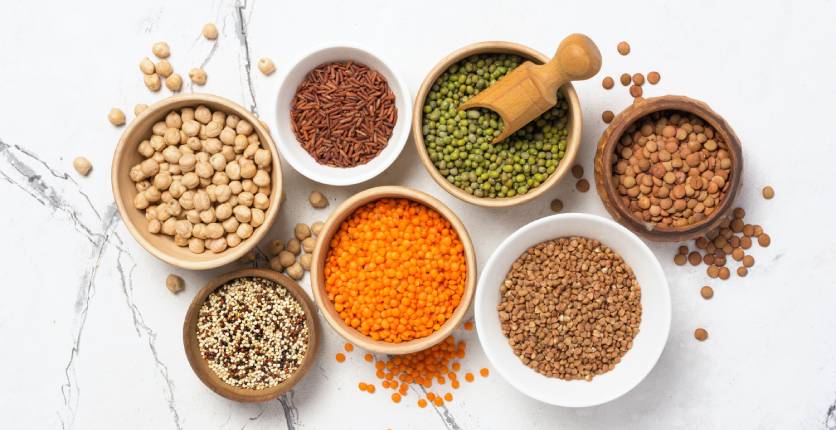
Beans, Lentils And Peas
Cheap, good and easy to buy – pulses (edible seeds from legume plants) can be your new fave diet staple. This fibre-rich group contains a mix of both soluble and insoluble fibre – meaning that they not only ease constipation by adding bulk and weight to stools and softening them at the same time, but also help smooth the movement of food through the intestines. There’s many to choose from: black-eye peas, baked beans, lima beans, kidney beans and much more. And, you can add your pulse of choice to anything – think rice, sandwiches, salads and soups – or even blend them into a yummy dip for your chips and bread. But, note: Beans (and also legumes) are known to make people gassy, so to avoid bloatedness, flatulence and embarrassing situations, go on a little trial and error to see how much of them you can manage before you pass out wind like the exhaust of a smelly machine.

Sweet Potatoes
Make sure to buy a few of these starchy veges when out grocery shopping; the fibre content in sweet potatoes can help relieve and might also prevent constipation. Actually, even normal potatoes do, too – just that they come with less fibre. Regardless if you like them regular or sweet, try having them baked with their skin on (it’s where a lot of the fibre-goodness lies), but please leave the calorie-filled toppings (e.g. sour cream and butter) off. You want to add weight to your stools, not to your entire body.

Nuts
Skip the chocos and snack on these instead. They are not only healthier in general, but are packed with fibre; the ones with the mostest are pecans, walnuts and almonds. Avoid buying those that are sugared, salted, seasoned or roasted in oil, and try eating them “all natural” instead – you will be surprised how filling they can be. Need more taste than just plain nuttiness? It’s oh-so-easy to throw them into salads and have them as garnishings or side dishes along with your main meals. Caution: Nuts are high in calories so don’t inhale a whole pack once you open it – it’s best to have a handful now and then, through the day or even week.

Seeds
Fun fact: The aforementioned pecans, walnuts and almonds are actually seeds because botanically speaking, they are edible plants encased in a seed coat, but they are often considered as tree nuts. Okay, let us not confuse you any further (you can Google more about them if you want) and move on to these seed stars: flaxseeds and chia seeds.
For the former, both brown and golden flaxseeds are great sources of antioxidants, omega-3 fatty acids and of course, fibre that’s found in their husks; get them in ground powder form or as an oil to add into your salad or smoothies. The latter (beloved by foodie-hipsters) is super-dense in fibre and actually forms a gel when it comes into contact with water; in the gut, chia seeds can help soften stools. You can have them whole or pre-soaked in water before putting them into cereal, porridge, yoghurt, salad dressing, smoothie or juice. Why soaked? Because chia can absorb many times their weight in water, so while it can help to add bulk and weight to your stools, you should make sure to take in lots of water with them. Plus, it makes them more nutritious and easier to digest in their gelatinous form.

Small Berries
Any berry will do. Pick a punnet of strawberries, blackberries, blueberries or raspberries from the local supermarket and munch on them to get your fibre, water and a healthy dose of vitamins. And… you’re done! Or, you can always have them with ice cream or even puree them if you want more fun out of these petite-sized fruits.
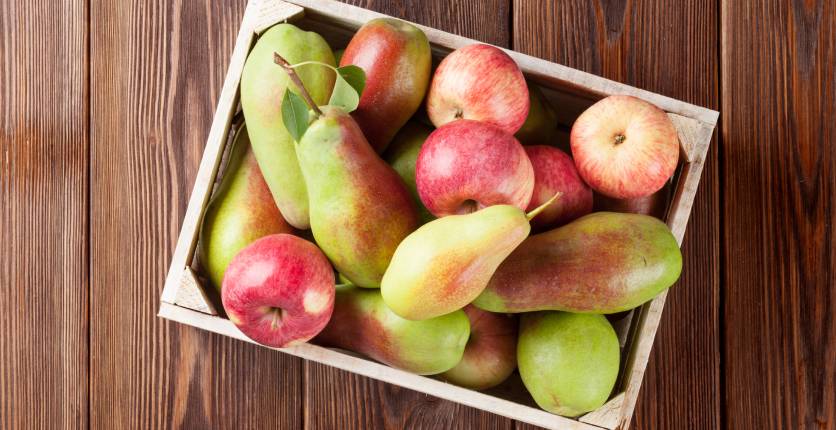
Apples And Pears
If you don’t like the taste of berries (there are quite a number of people who don’t like the tartness), then settle on a simple yet sweet apple or pear. They both contain compounds such as fructose and sorbitol, as well as have high levels of water, that can aid in digestion and alleviate constipation. Wash, then eat them whole with the skin on, or slice them up for the kids.
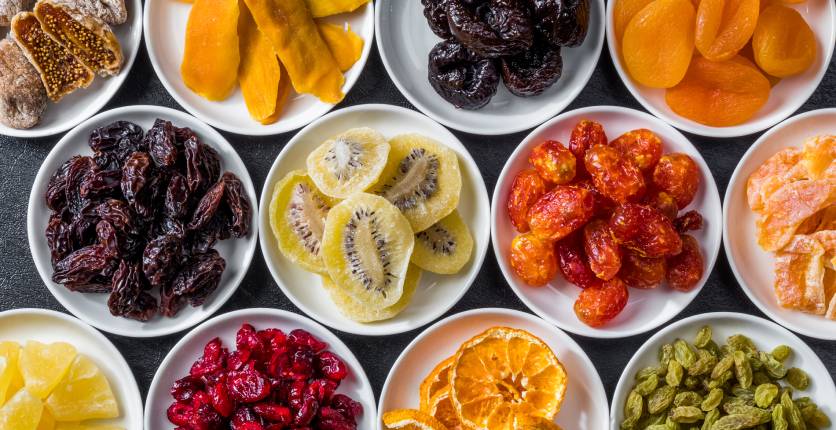
Dried Fruit
If for some reason, you really can’t stand eating any kind of juicy fruits, have them dried instead. What these lack in water content, they make up for in fibre (they have more than fresh fruit per serving). Choose from prunes, figs, apricots and the ever-snackable raisins, and chew down. Also, they last longer in storage for when you require “emergency foods” for constipation, and are also great for aspiring bakers since you can stick them into breads, muffins and other pastries.
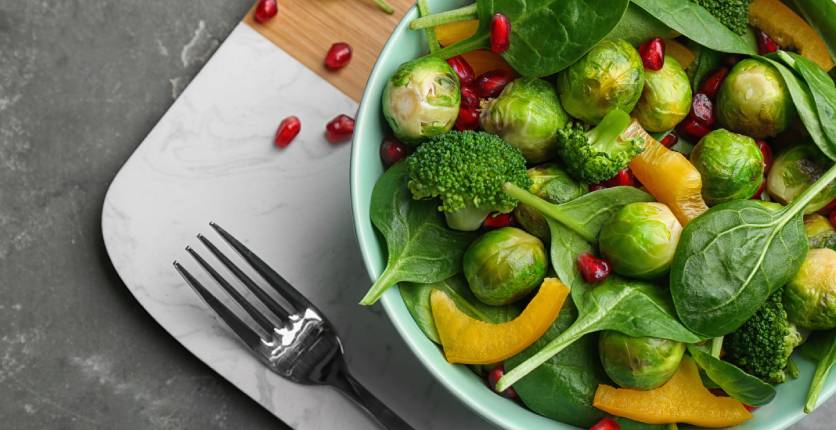
Spinach, Broccoli And Brussels Sprouts
Don’t want anything fruity, at all? Luckily, there are vegetables to lean on when your toilet business isn’t swell. Pick greens such as Brussels sprouts, spinach and broccoli to add weight and bulk to your waste – plus, they are rich in fibre, vitamins C and K, and folate. And you can eat them however you want – raw, steamed, grilled, dipped in sauce. Go green, your way.
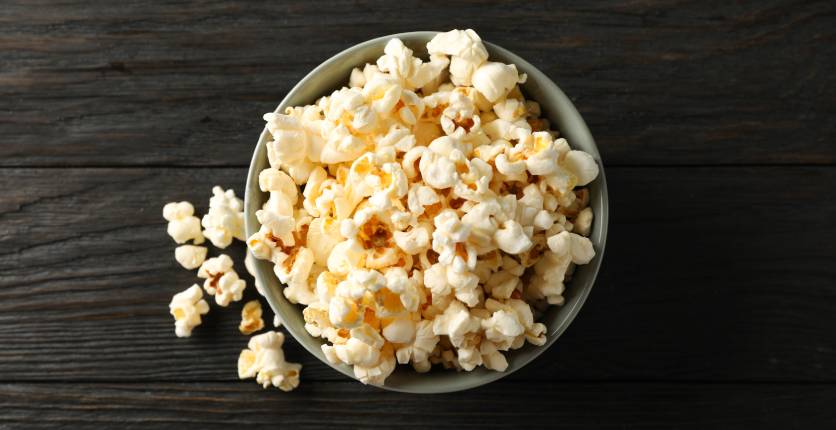
Popcorn
What if your kid (or you) really dislikes ingesting any of the aforementioned go-to healthy food options for constipation? One word: Popcorn. Yes, these snacks have enough fibre to provide a measure of relief from obstructed bowels. But, don’t buy those laden with butter and seasoning (the fat and artificial ingredients might make matters worse). Stick to a couple of cups of the air-popped ones instead. You can easily pick up packs of these in the larger-sized supermarkets.
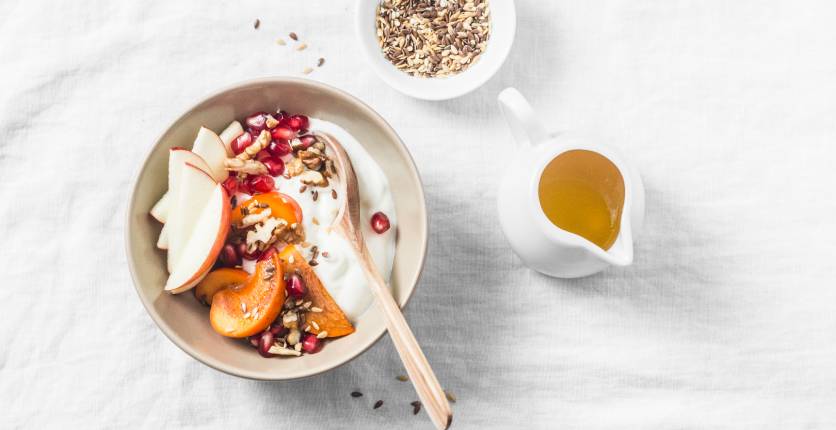
Yoghurt
And if your kids (or you, again) are fussy about the kinds of yummy-in-the-tummy even if the appetite’s diminished? Here’s your final boss: Yoghurt. Like many dairy products, it contains live bacterial cultures of microorganisms called probiotics, the good bacteria that can assist to “uplift” and maintain the entire gastrointestinal system’s health. In plain speak, this creamy goodness makes your poo softer and your pooping, faster and smoother. And why is this the final boss? It comes in a myriad of flavours, tastes delish and you can throw in all of the other aforementioned food items (yes, even the vegetables if you so choose) as toppings to make this your super go-to poo-in-the-loo solution.

Water
But the real hero of the day? Water. It’s not food, but it’s too important not to mention. Dehydration is a common cause of constipation; the colon reabsorbs water so H20 is needed for waste material to pass through proper without becoming dry, hard and lumpy. According to the Health Promotion Board, it’s good to down 10 glasses of 250ml a day (or more if needed) to stay hydrated in sunny SG. It costs next to nothing, so drink away for a good day in the loo!
Featured image: Shutterstock
